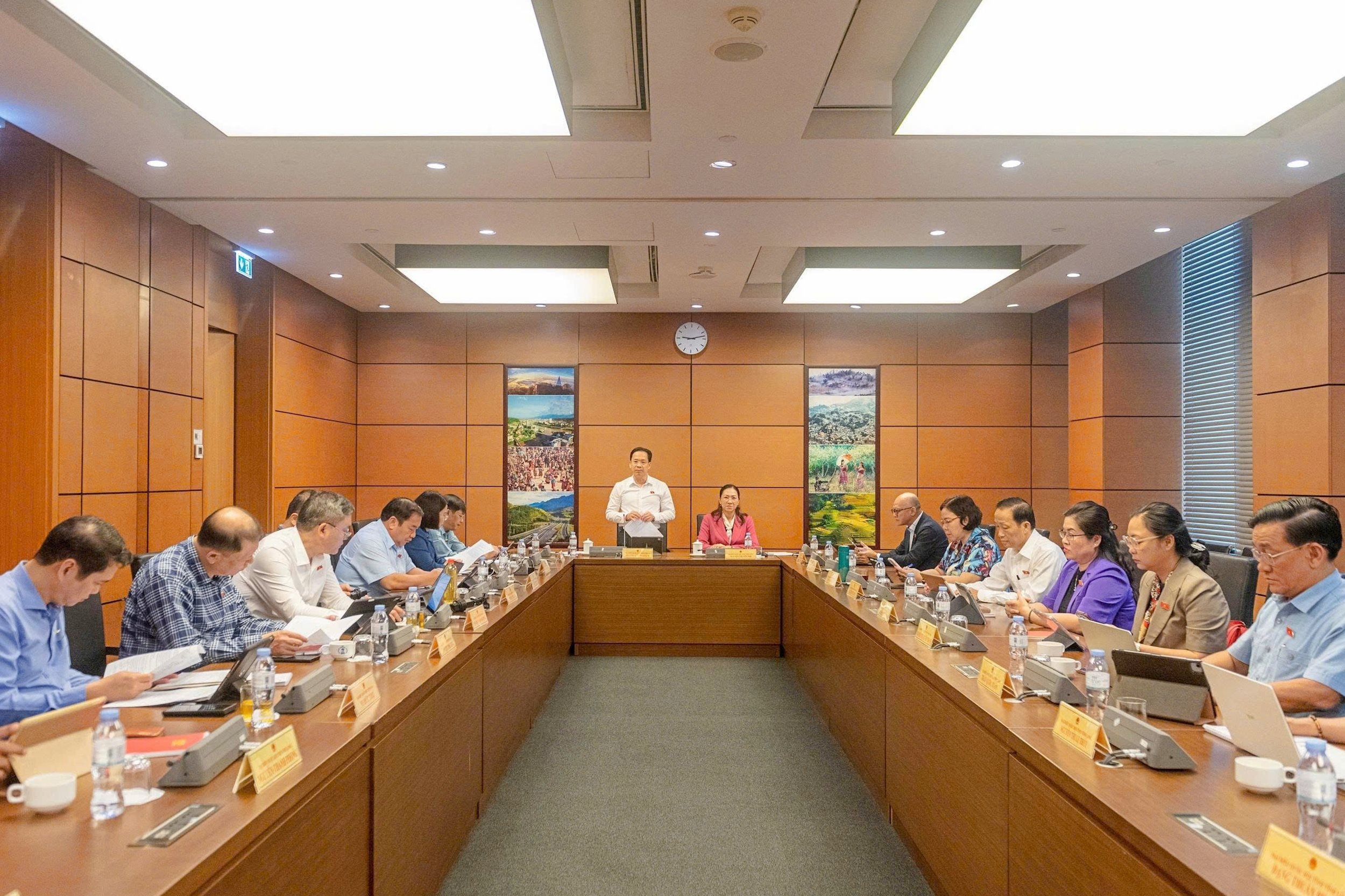
To have a unified understanding, delegate Nguyen Thi Minh Trang (Vinh Long) proposed that the draft Law continue to review and standardize the terms that have been explained, and at the same time supplement and explain the phrases mentioned many times in the provisions of the draft law such as: Journalist, Journalist, multimedia communication complex, journalism economy , paid digital content...
Standardizing and clarifying these terms will help the Press Law (amended) not only be a management tool but also a legal corridor to promote the development and enhance the professionalism of Vietnamese journalism in the digital age.
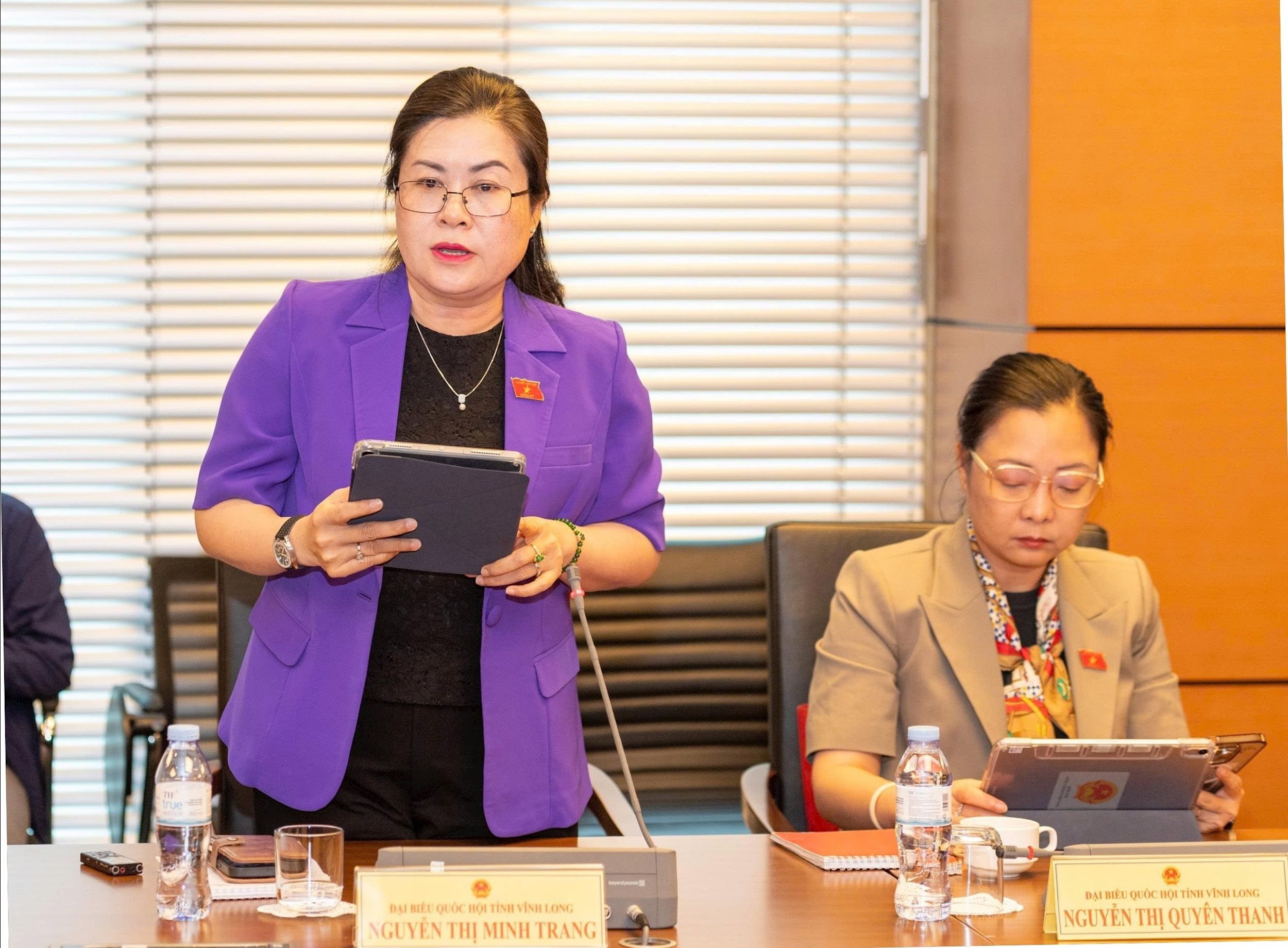
In addition, delegates proposed adding regulations to protect citizens’ personal information when they contribute ideas, criticize or make denunciations. This is to encourage people to exercise their right to freedom of speech without fear of being threatened or retaliated against online. Protecting personal information will help the press have accurate and reliable sources of information, while improving the effectiveness of social supervision.
Regarding prohibited acts, delegates proposed adding content prohibiting threats, attacks, and terrorizing journalists in cyberspace. This regulation should include acts of using technology or online platforms to violate privacy, defame or distort information to obstruct legitimate press activities. This is the legal basis for competent authorities to promptly handle violations, thereby maximally protecting journalists' rights to work in the context of digital transformation.
Delegate Nguyen Thi Minh Trang also proposed reforming the process of issuing, exchanging and revoking press cards by taking advantage of the national database on population and chip-embedded citizen identification cards. Accordingly, press cards should focus on identifying professional status and work unit instead of acting as a temporary identification document. Issuing a physical card once with a unified form and integrating information into electronic applications will reduce administrative procedures, save resources and improve management efficiency.
Delegate Nguyen Thi Minh Trang assessed that the current 30-day deadline for press responses is considered inappropriate for the speed of modern communication; she proposed to shorten this deadline to ensure the timeliness of information, avoiding causing negative public opinion or prolonged misunderstandings in society. At the same time, it is necessary to add sanctions for agencies that do not respond to the press on time, in order to enhance responsibility and professionalism in handling work.
Delegates also recommended the need to legislate specific policies for each type of press and press serving specific audiences such as ethnic minorities and remote areas. Prioritizing investment and placing separate orders for these agencies will ensure essential information reaches all classes of people, maintain cultural identity and protect national information security.
Delegate Hoang Thi Doi (Son La) suggested that the drafting agency study and supplement the principle of "The press puts national interests first" in Article 4 of the draft. This principle will contribute to protecting independence, sovereignty, territorial integrity and fighting against false and distorted information. At the same time, it is necessary to separate regulations on foreign information to enhance the responsibility of press agencies in promoting the country's image in the international arena.
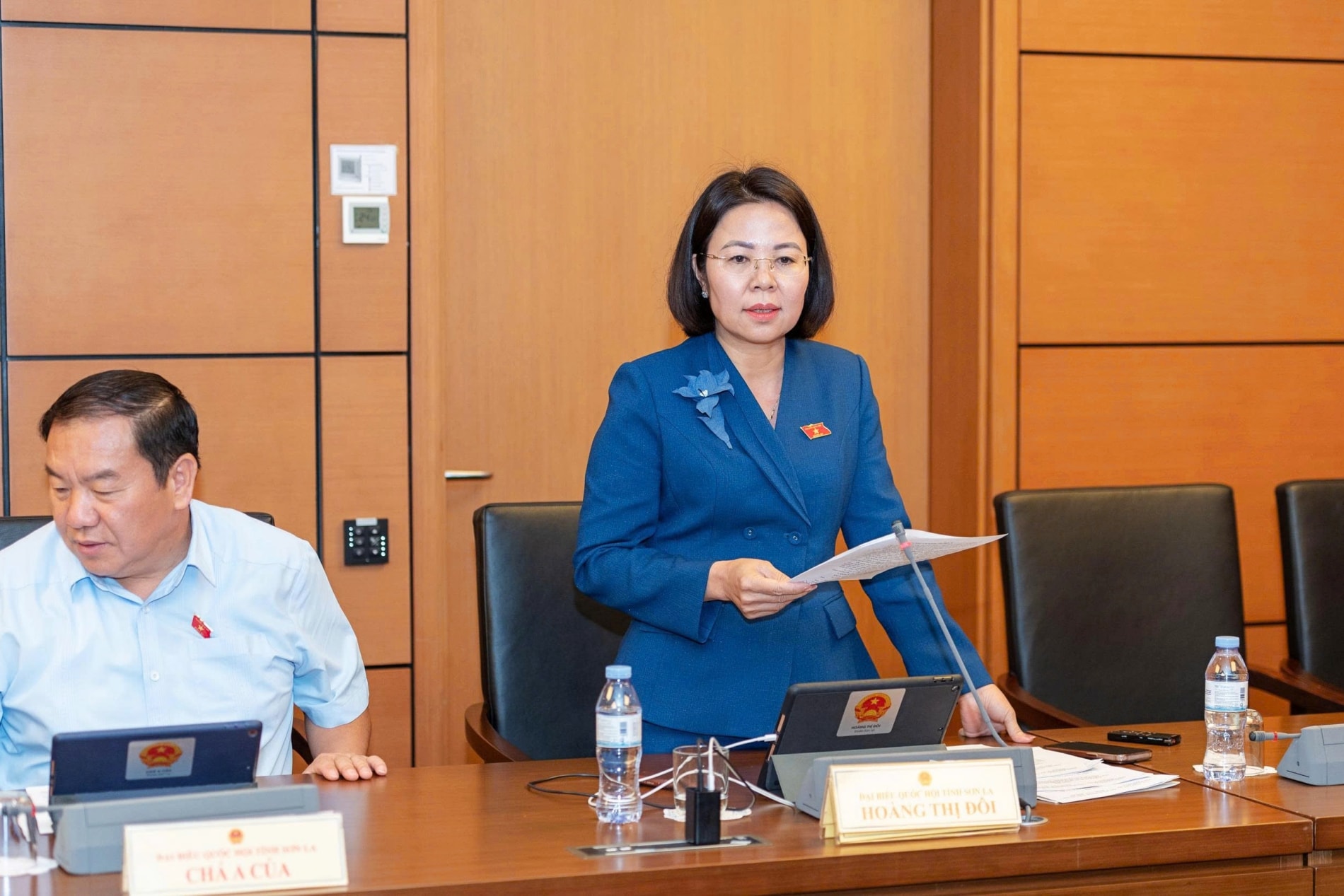
The delegates also proposed that the draft law should be amended to ensure more fully and comprehensively the press freedom rights of citizens. Rights such as complaints, requests for correction of false information; the right to protect honor and dignity; and the right to citizen journalism within the legal framework should be specifically regulated. This is in line with the current development trend of social networks and digital media.
Along with that, delegate Hoang Thi Doi also proposed to add regulations on policies to protect the safety of journalists when working legally. This regulation is not only consistent with the principle of protecting human rights but also contributes to creating a safe and independent working environment for journalists.
At the same time, it is necessary to specify the economic and technical norms in Article 10 of the draft Law to create a clear legal basis for signing contracts between organizations and press agencies. This will help avoid arbitrary or overlapping application in determining the cost and quality of press products.
Source: https://daibieunhandan.vn/bao-ve-thong-tin-ca-nhan-se-giup-bao-chi-co-duoc-nguon-tin-chinh-xac-10392572.html



![[Photo] General Secretary To Lam receives the Director of the Academy of Public Administration and National Economy under the President of the Russian Federation](/_next/image?url=https%3A%2F%2Fvphoto.vietnam.vn%2Fthumb%2F1200x675%2Fvietnam%2Fresource%2FIMAGE%2F2025%2F12%2F08%2F1765200203892_a1-bnd-0933-4198-jpg.webp&w=3840&q=75)






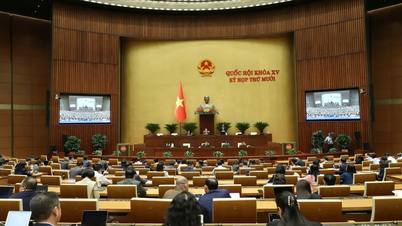



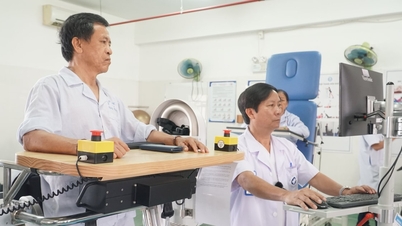

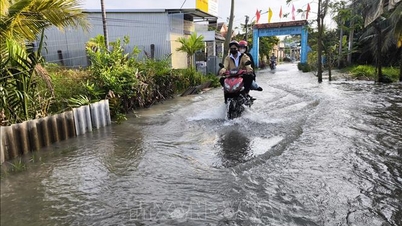

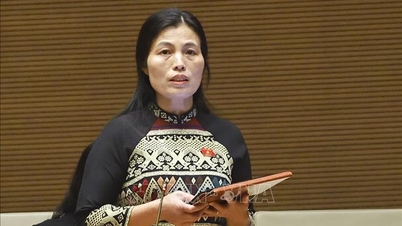
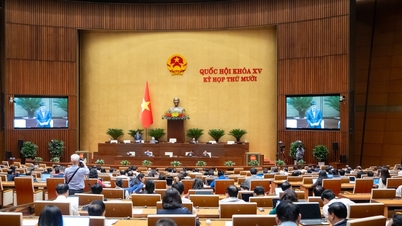
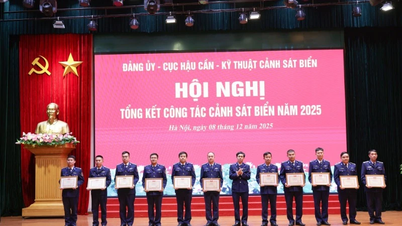

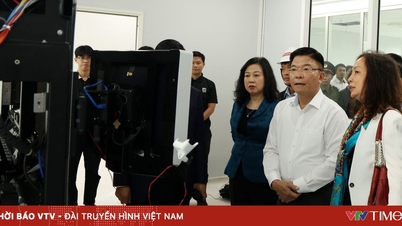

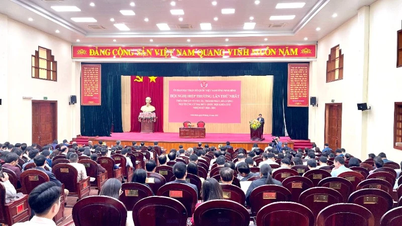
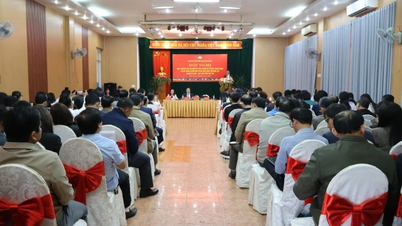
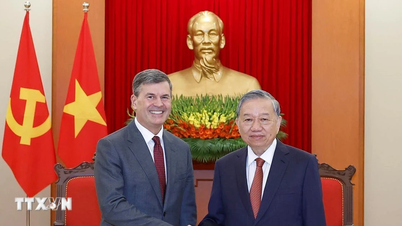






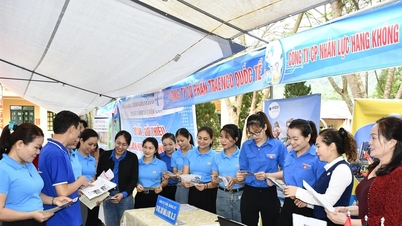
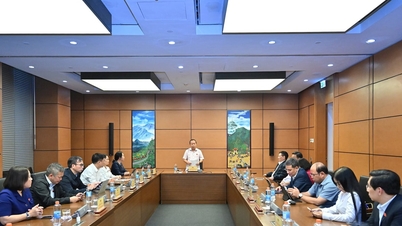
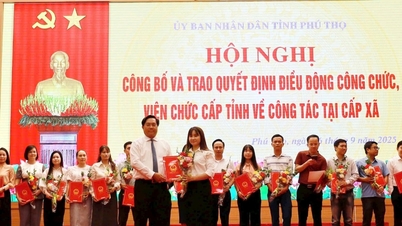
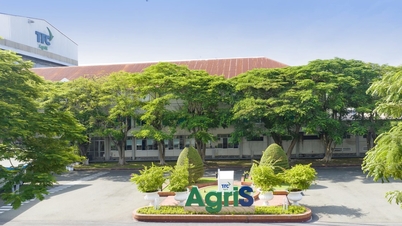
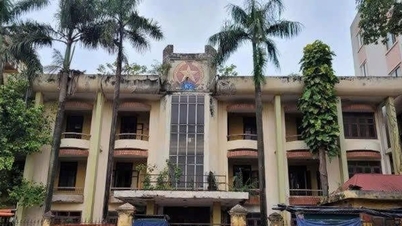






















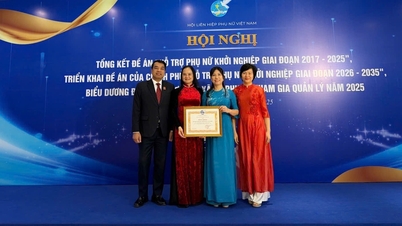














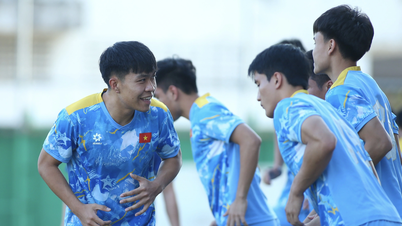
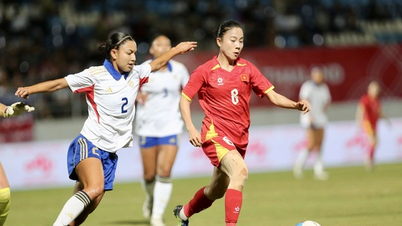
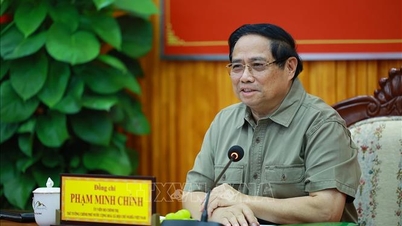
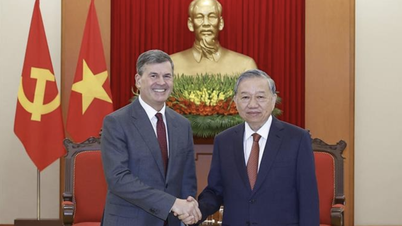


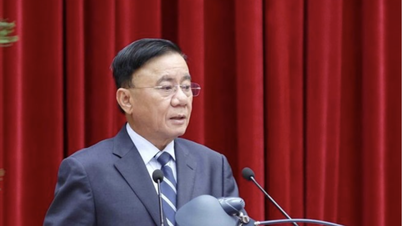
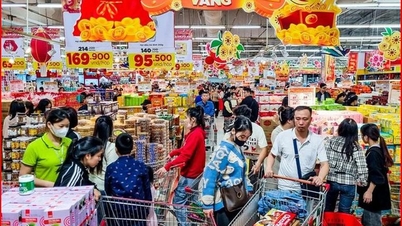

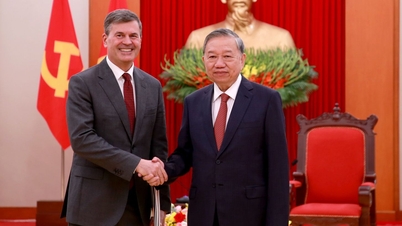






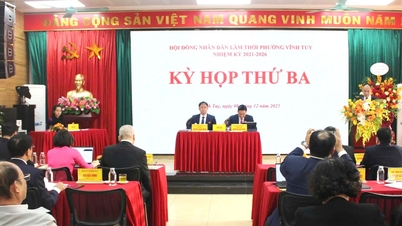
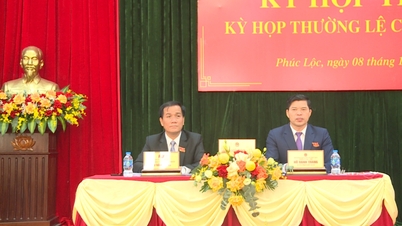




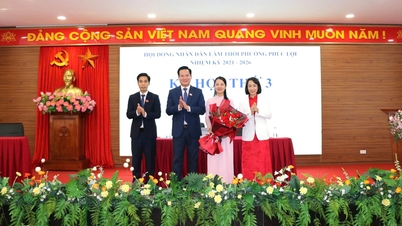
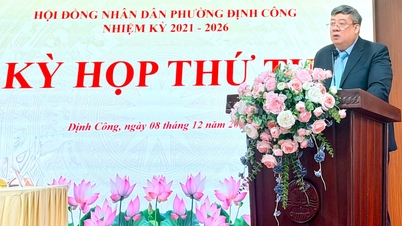
















Comment (0)